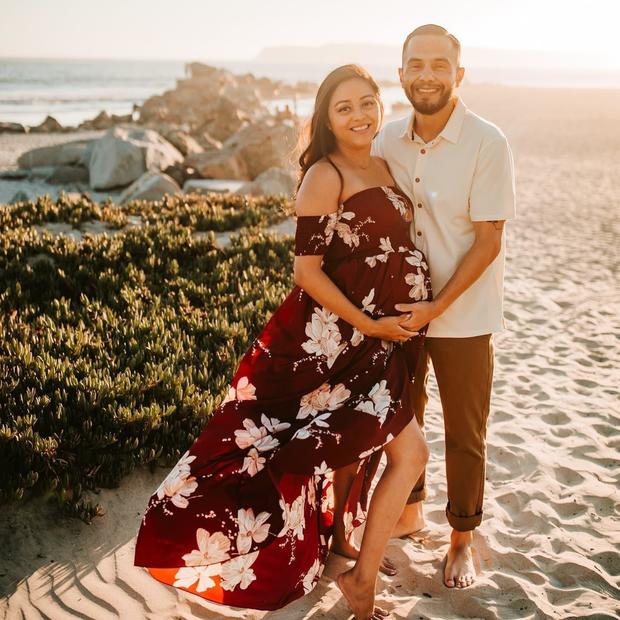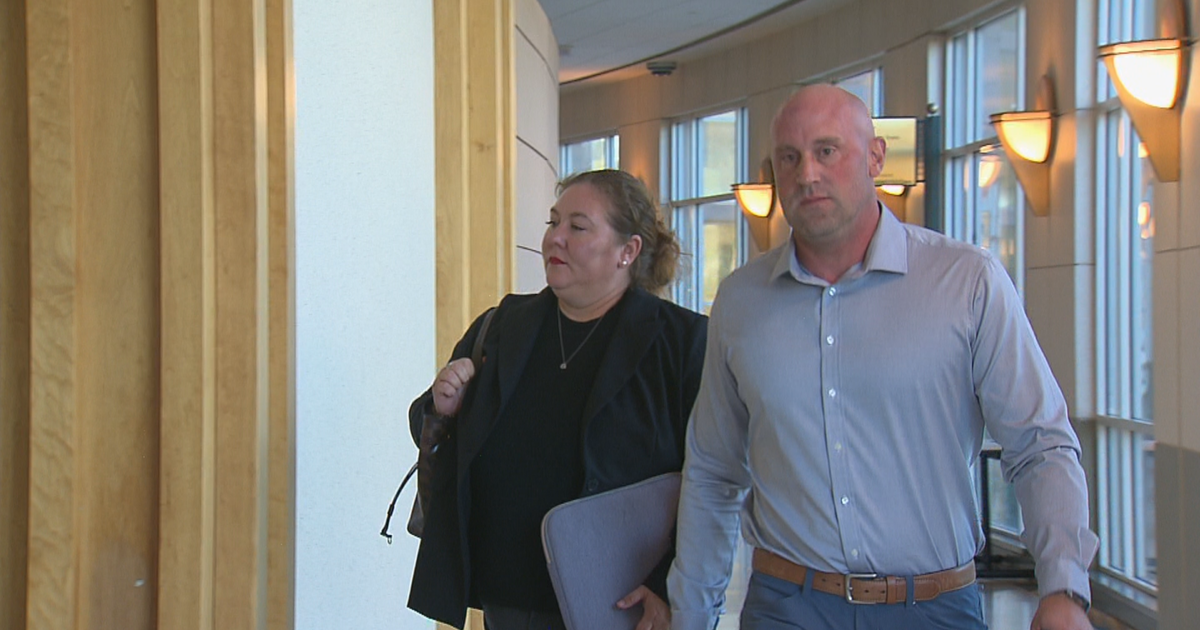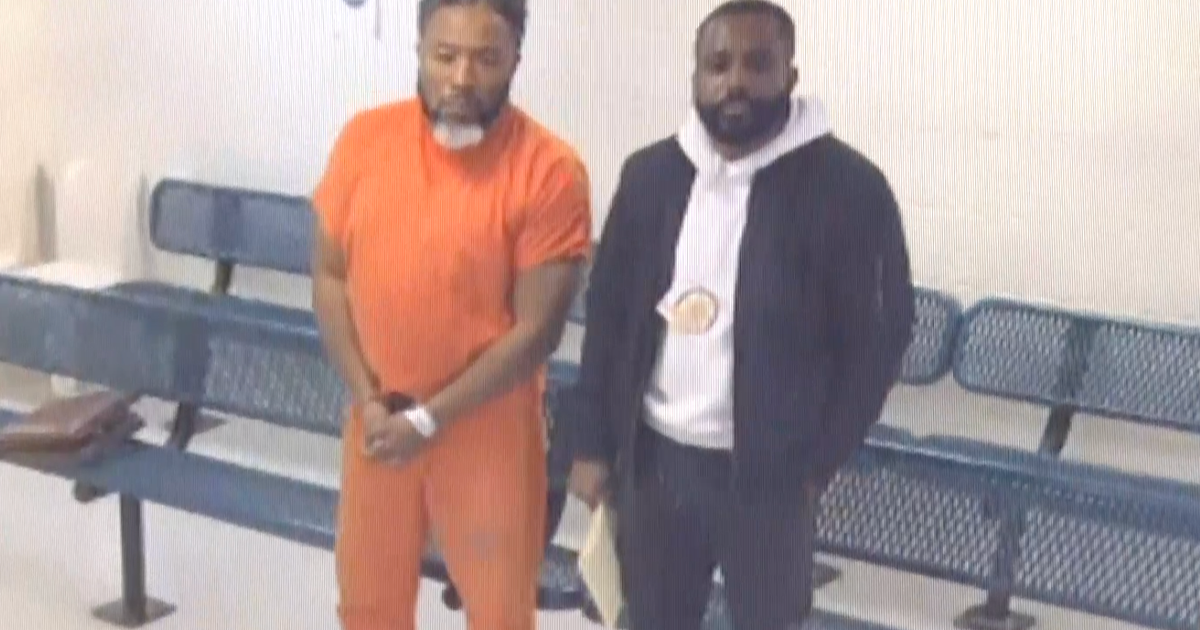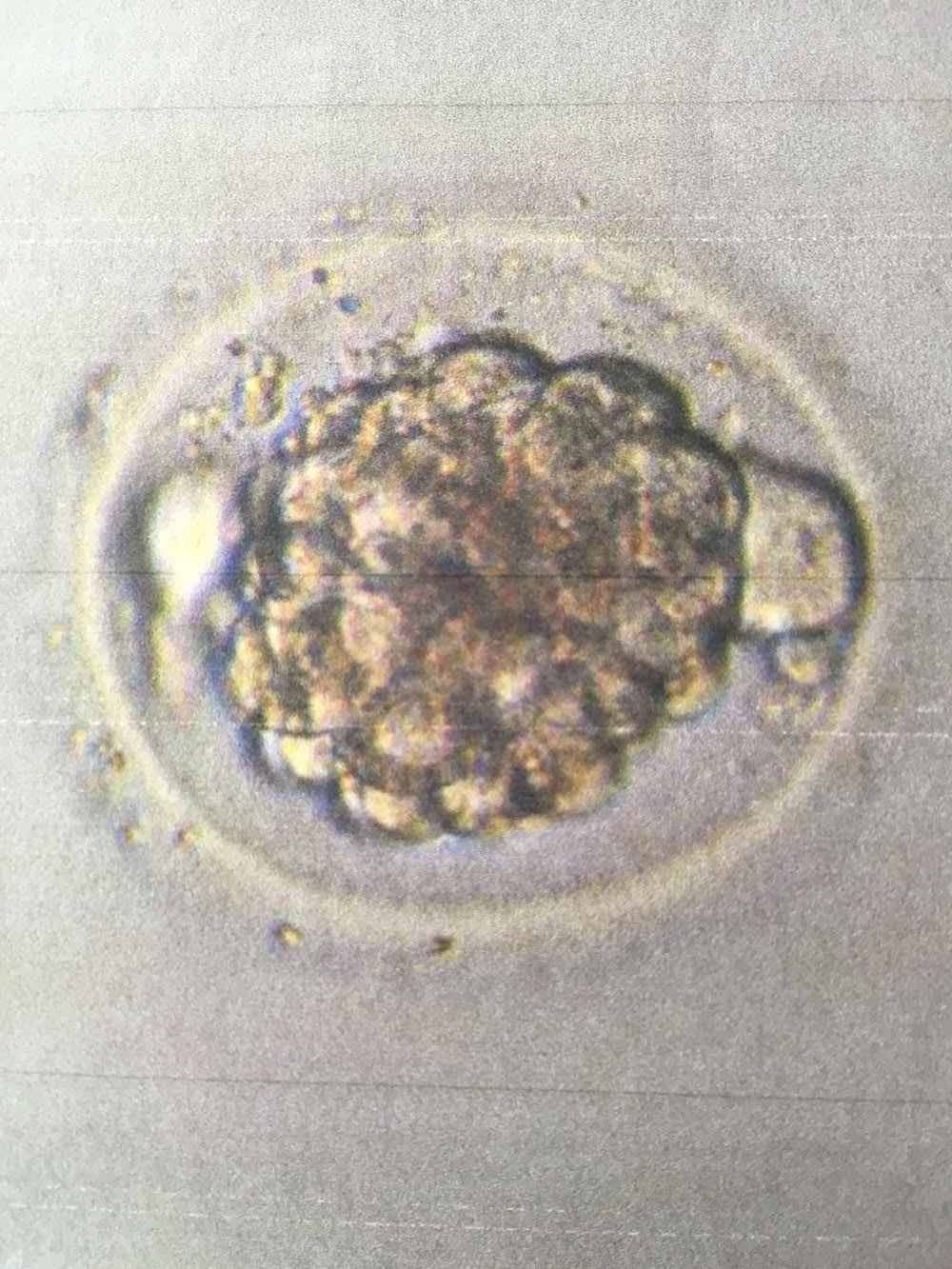California couple sues fertility clinic for allegedly implanting embryo with deadly cancer gene and trying to cover it up
Jason and Melissa Diaz had hoped to protect their children from the deadly cancer genes they had both inherited.
Melissa has the BRCA-1 mutation, which increases her risk of developing breast and ovarian cancer. Jason has a CDH1 gene mutation, making him highly susceptible to developing hereditary diffuse gastric cancer.
When they decided to try to have children, the Whittier, California, couple opted for in vitro fertilization at HRC Fertility in the hopes their kids could avoid the genetic mutations that had affected their families and themselves. But according to a new lawsuit filed Wednesday in Los Angeles County Superior Court, instead, the family got a medical nightmare.
The couple's one-year-old son has the same rare CDH1 genetic mutation as Jason, according to the lawsuit.
The Diazes claim in their lawsuit that the fertility clinic knowingly implanted an embryo with the CDH1 gene mutation, even though the Diazes had specifically worked with the clinic to ensure they could have children without this specific mutation, and then tried to cover up its mistake.
"Never in a million years did I think this could happen," Melissa, 31, said at a press conference announcing the lawsuit. "We are heartbroken about what our beloved son will have to go through because of HRC's conduct and lies."
In 2018, the same year the two got married, then-32-year-old Jason was diagnosed with hereditary diffuse gastric cancer. When chemotherapy didn't work, he underwent a gastrectomy — a full stomach removal, the lawsuit said.
"Life after stomach removal surgery is extremely difficult," Jason, now 37 years old, said at the press conference, citing food and digestive issues that affect his daily life.
He also has two aunts who died of gastric cancer while in their forties. the lawsuit said.
The Diazes knew they didn't want their children to face the same challenges. According to the lawsuit, the couple researched their options for IVF before choosing HRC Fertility and Dr. Bradford Kolb, who is also a defendant in the lawsuit.
Opened in 1988 and owned by the Chinese corporation Jinxin Fertility, HRC Fertility operates nine locations throughout southern California. HRC Fertility's website boasted that Kolb "is internationally known for his expertise in complex reproductive matters" and has "patients traveling from around the world to HRC Fertility Pasadena to see him," the suit said.
HRC Fertility and Kolb were also sued in 2022 by a same-sex couple who claimed that a female embryo was wrongly implanted in their surrogate when they had stated they wanted a male embryo.
During their first meeting with Kolb in December 2018, the couple told the doctor they intended to avoid passing on the genetic mutations that put them at higher risk for developing cancer, court documents said.
Melissa underwent two separate egg-retrieval procedures, from which HRC Fertility's embryology laboratory created five embryos, according to the lawsuit. In August 2020, a clear embryo with neither the CDH1 mutation nor the BRCA-1 gene was implanted, but Melissa miscarried.
None of the remaining embryos were mutation free, according to the lawsuit. They all either carried the CDH1 or the BRCA-1 gene, but the Diazes chose to implant a male embryo with the BRCA-1 gene on their next attempt, as it was less likely a boy would develop breast cancer, the lawsuit said.
In September 2021, the Diazes welcomed a baby boy, and the families threw a giant party, believing they had "broken the curse" that had plagued them, the lawsuit said. But their joy was short-lived.
The couple decided to try for a second baby in July 2022 before Melissa had to get her ovaries removed as a precaution because of her high risk for cancer, the lawsuit said.
When she asked the new IVF coordinator for a copy of her embryo report, the couple discovered the embryo they had implanted, now their "happy joyful boy" carried both the stomach and breast cancer genetic mutations, the suit alleged. The embryo report even contained handwritten notes that said the transplant carried the CDH1-gene mutation, according to the lawsuit.
According to the lawsuit, Melissa emailed the new coordinator, writing, "The reason why we did IVF was to eliminate the gastric cancer mutation if not both genetic mutations. We have been so stressed thinking of what our son will go through because of this genetic mutation. Can you please double-check that this is the correct report for our embryos?"
The coordinator did not respond for several days, the suit alleged. Eventually, after numerous emails and phone calls someone from HRC Fertility called Melissa and admitted that HRC had made a serious mistake, court documents say. The HRC Fertility representative asked for Melissa and Jason to come to HRC Fertility's office for "a sit-down," according to the lawsuit.
In a statement, a spokeswoman for HRC said the Diaz family conducted genetic testing and counseling outside of HRC fertility, and with an outside party. The spokeswoman said the fertility center stands by the professionalism and expertise of its medical staff.
"They wished to have a male embryo transferred, which we carried out according to the family's explicit wishes and in accordance with the highest level of care," the spokeswoman said.
Melissa said when HRC finally sent back her full medical records, the handwritten notes were gone: "We asked three separate times for an explanation," she said. "When finally HRC sent the records, they were whited out. It was shocking that my own medical provider changed my records showing that they knew they had done something wrong."
The baby boy now has a more than 80% chance of developing stomach cancer, according to the suit.
Jason said he wouldn't want anyone to have to suffer the way he and his family have from cancer, but he loved his son more than anything and would be there for him during his journey.
"I know, somehow, we will get through this with strength and grace," he said. "But there has to be justice."







